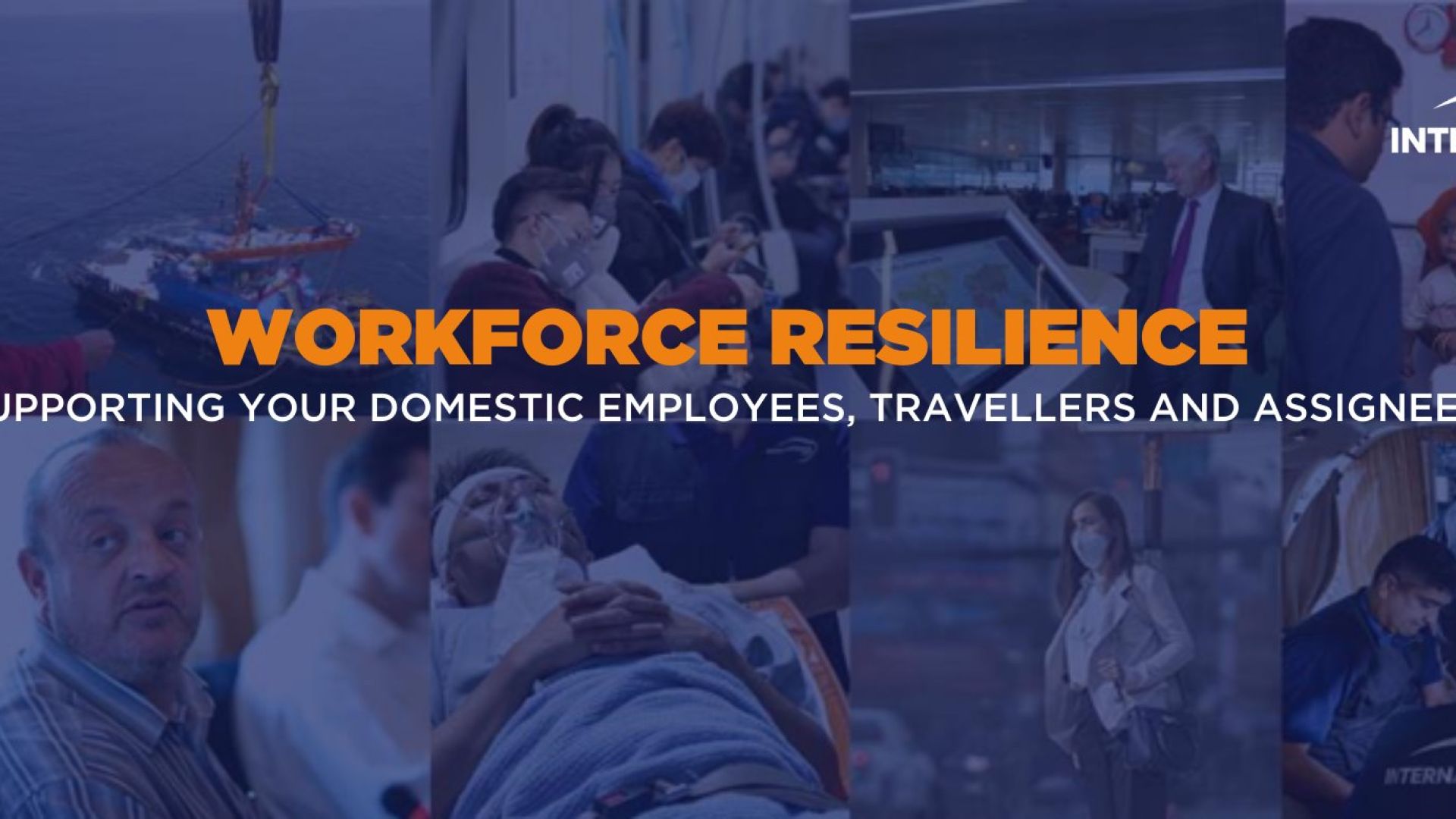While most Filipinos have adjusted to the new normal, and access to COVID-19 vaccines have made it safer to travel now than the previous two years, many of us are still facing the challenges of navigating various travel threats.
On top of COVID-19 and the threat of seasonal viruses such as influenza and RSV (respiratory syncytial virus), would-be travelers also face other safety and security risks such as extreme weather, and criminal activities like scams, pickpocketing and stolen passports. Those with holiday travel plans should carefully consider the risks, especially when in crowded places, and take steps to prevent them.
Dr. Katherine O’Reilly, medical director of International SOS said, “This year, people can celebrate the festivities safely, provided they use available resources including COVID-19 and flu vaccines, COVID-19 tests, avoid being around others when feeling unwell, and continue to practice good hygiene. It is difficult to predict what will happen with COVID-19, but advanced planning can help us protect ourselves and each other over the holidays.
She added that travelers should be wary of other health threats. “It is not just COVID-19 that travelers need to be aware of, as cases of flu and RSV (respiratory syncytial virus) are already increasing and beginning to cause strain on hospitals in Canada and the USA.1 It is important that employers continue to share up-to-date advice to help their employees safely enjoy the festive period,” said O’Reilly.
Aside from the health situation, local crime is also a primary concern with rates of petty crime and hazards expected to increase in the lead-up to Christmas. “Although violent crime with the use of weapons is unlikely to directly affect companies, incidental risks will remain present among their employees reporting to work in-person and those planning for domestic travel in the country,” said Robert Villamor, security manager at International SOS.
He warned that commuters taking public transportation are prone to holdups and pickpocketing. While employees, who just received hard-earned bonuses, may be targeted by scams in the digital space while online shopping. “It is imperative not only to look after one’s health but also the personal safety and security as well,” said Villamor.
The international health and security risk management organization also warned that Filipino travelers should be prepared and COVID-safe on their trip. Before their trip, would-be travelers should know the entry requirements of their destination and have the required vaccines. They must continue to practice good hygiene and mask up in crowded areas to reduce their risk.
International SOS experts also recommend having flexible itineraries and routes. Tourists should prepare for the unexpected and have contingency plans in case they need to self-isolate while on vacation.
Travelers are also encouraged to stay safe in crowds by staying alert, having a 360-degree awareness of their surroundings, securing their valuables, and knowing exit points. They should keep abreast of local news and weather updates, as well as local information on safe neighborhoods, crime, and places to stay.





